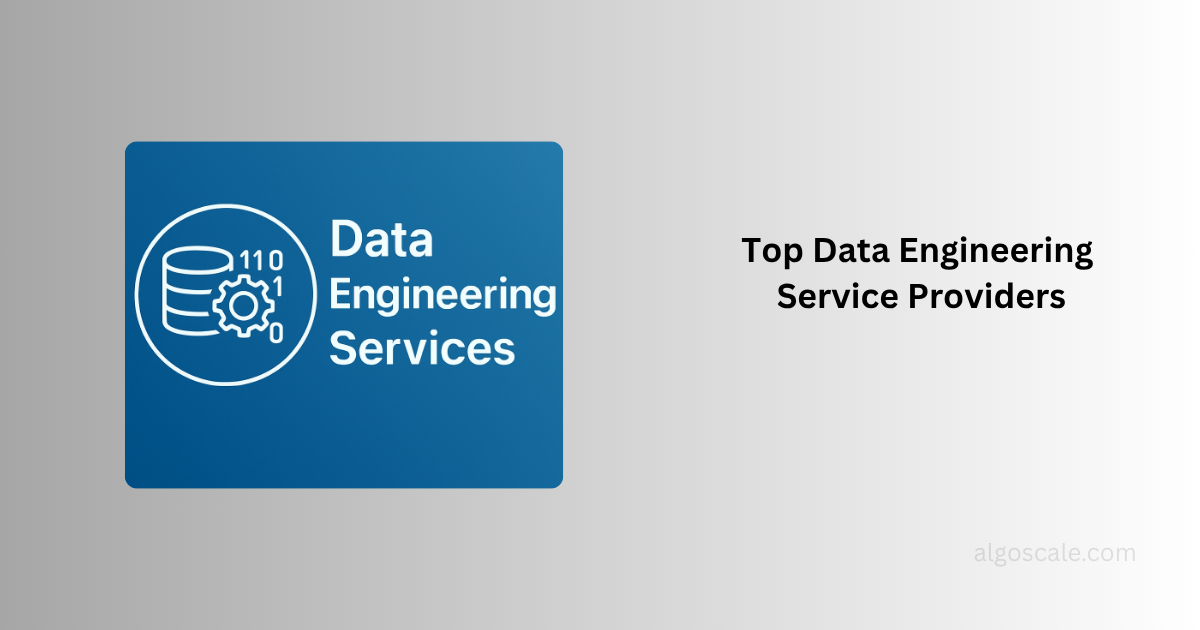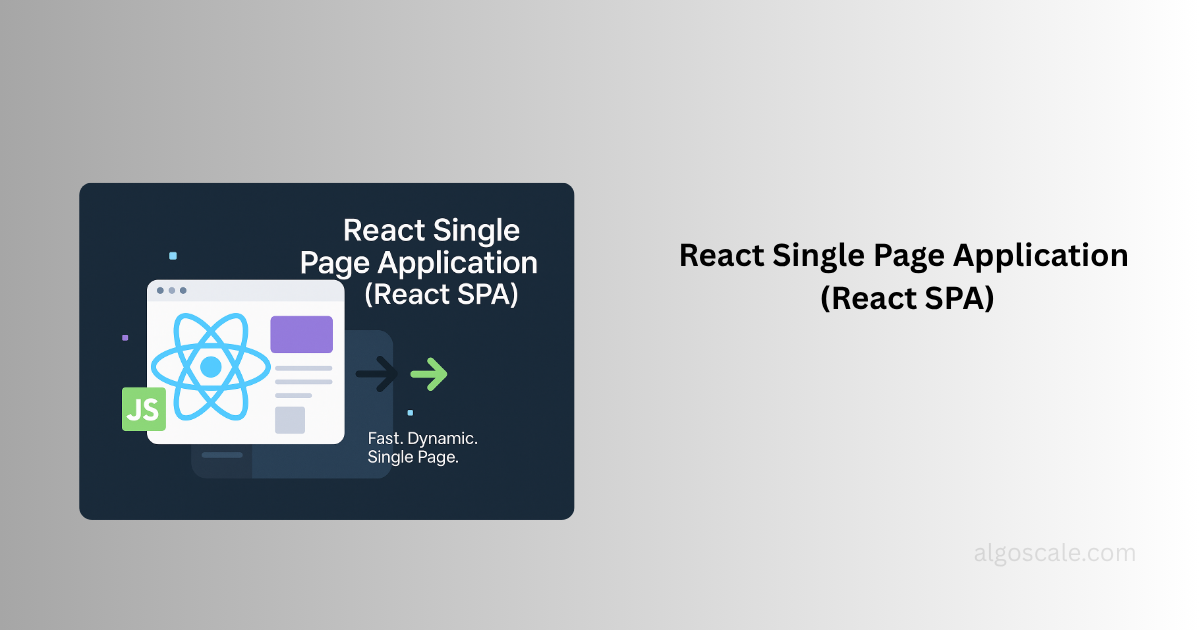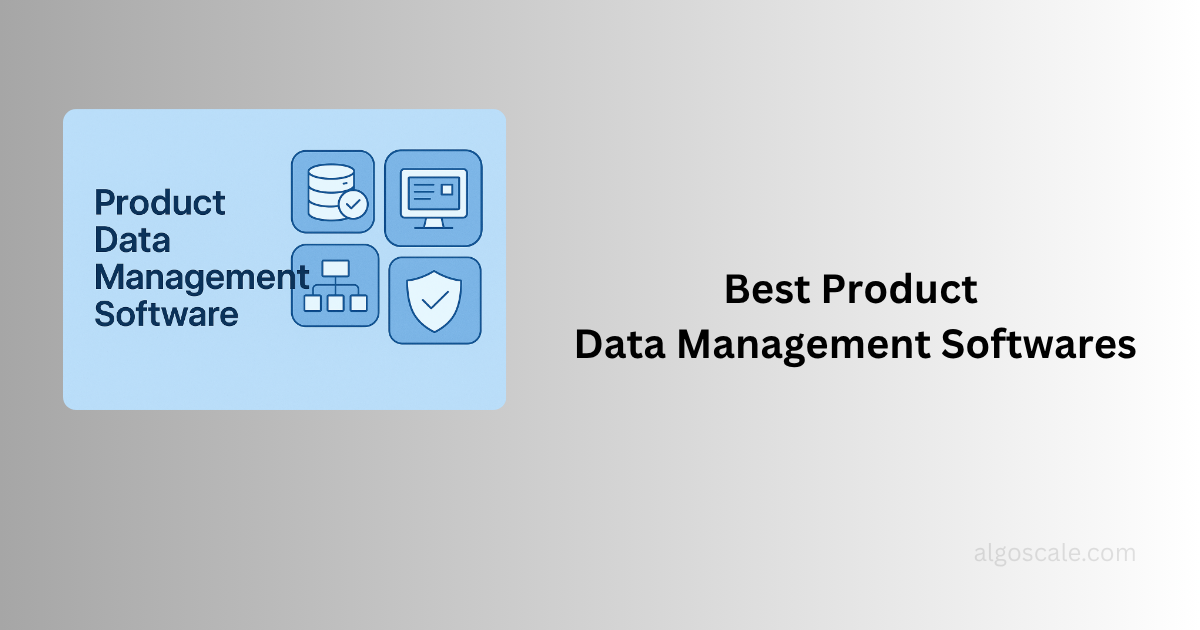Ambitious AI: Expect the unexpected
The high ambitions of AI-based startups are driving the evolution of AI-powered product engineering, leading to significant investments in this field. According to a report by PwC, investment in AI product engineering is projected to reach $19 billion by the end of 2022. Additionally, the number of AI-related jobs is expected to grow by more than 50% by 2025. However, this rapid growth may result in a shortage of AI expertise, with current technical skills struggling to meet emerging demands. This gap could potentially slow down the development of AI applications and impact the expansion of the market for new AI-driven products and innovations.
We have seen that even the smallest startups are now competing with the largest enterprises in the field of AI powered product engineering and development. Machine learning is playing a pivotal role in the development of such products. It is not only modifying the architecture of traditional products but is also accelerating the pace at which new products are being developed. The rapid advances that we are seeing in the applications of artificial intelligence have broadened the scope of the IoT platform. This has led to the development of new verticals in the domain of business intelligence. Consequently, the strong parallel that we draw between business intelligence and IoT platforms in the present times has sprouted new opportunities in the market. With these opportunities, both artificial intelligence and machine learning are getting ingrained in research and innovation related to the entire ecosystem of IoT.
Role of AI and ML in Digital Dimensions
Almost 55 percent of the companies that specialize in AI-powered product engineering are dependent on the digital market to increase their revenues. More than 45 percent of these rely on novel product-making to boost their growth rates, as per a report by PwC.
When we look at the process of innovation in AI-powered product engineering in greater detail, we find that the companies that relied on co-creation for their digital products witnessed business growth levels of more than 70% compared to their counterparts. Similarly, the companies that relied on process simulation witnessed a growth of more than 25% in their revenues in the last three years. When these figures are checked related to product portfolio management, we find that growth levels for such companies have increased by more than 45% in the last two years. The companies that have adopted data analytics for their product engineering processes have witnessed growth levels of more than 66 % as compared to their counterparts. The process of digital prototyping has increased the growth level of companies by more than 20% in the last three years. Similarly, the companies that have relied on agile development for enhancing the life cycle of the product have reported a rise in growth levels by more than 23%.
Advanced AI: Economies of scale
In the present times, more than 60% of organizations are fully integrating artificial intelligence into the product development life cycle. Not only is this leading to the development of novel products but is also contributing to greater economies of scale in the present market. Advanced AI is also helping organizations in the planning and implementation of various strategies related to product development. Services like ChatGPT integration are becoming increasingly popular, allowing teams to leverage conversational AI for better user interaction, automation, and streamlined decision-making.
By incorporating ChatGPT integration services, companies can enhance product functionality and deliver more intelligent, responsive solutions. This is leading to novel techniques and creating a knowledge graph for optimizing the performance of the products. Various types of roadblocks that are emerging in developing new products are being eliminated with the help of AI and ML technologies. In this way, product development is getting us good returns in the present digital market.
Data-driven models
The reliance on data-driven models is increasing as the product management teams are looking for higher levels of innovation. The product management teams must follow a trade-off between the efficient performance of the product and its cost management factor. This is only possible by automating the entire process of product development and relying on data-driven models. It is in this way that we can conceive the next generation of AI products that can be customized and modified even at a later stage of development.
In addition to this, augmented analytics can reduce time and improve the objectivity of various techniques that we use in data processing. Augmented analytics is devoid of human bias and delivers results and output that are free from controversy. This feature of augmented analytics has found application in various human resource departments and data management tasks. Augmented analytics works as a fully automated process. It enables scalability and accommodates many data sets, thereby processing them with high accuracy. As per a report by Gartner, more than 30% of organizations will have automated their data management tasks by the end of 2022.
Pushing the limits by AI
AI-powered product engineering is transforming industries by accelerating innovation, optimizing performance, and enhancing scalability. With automation, data-driven models, and machine learning at the core, companies are streamlining product development while improving efficiency and cost management. As AI continues to evolve, businesses must embrace AI product engineering to stay ahead in the competitive digital landscape.
By integrating advanced AI into the product lifecycle, organizations can push the boundaries of innovation, create intelligent solutions, and unlock new growth opportunities. To explore how AI can revolutionize your product development, visit Algoscale – your trusted product engineering services provider.
To learn more, contact us at askus@algoscale.com











